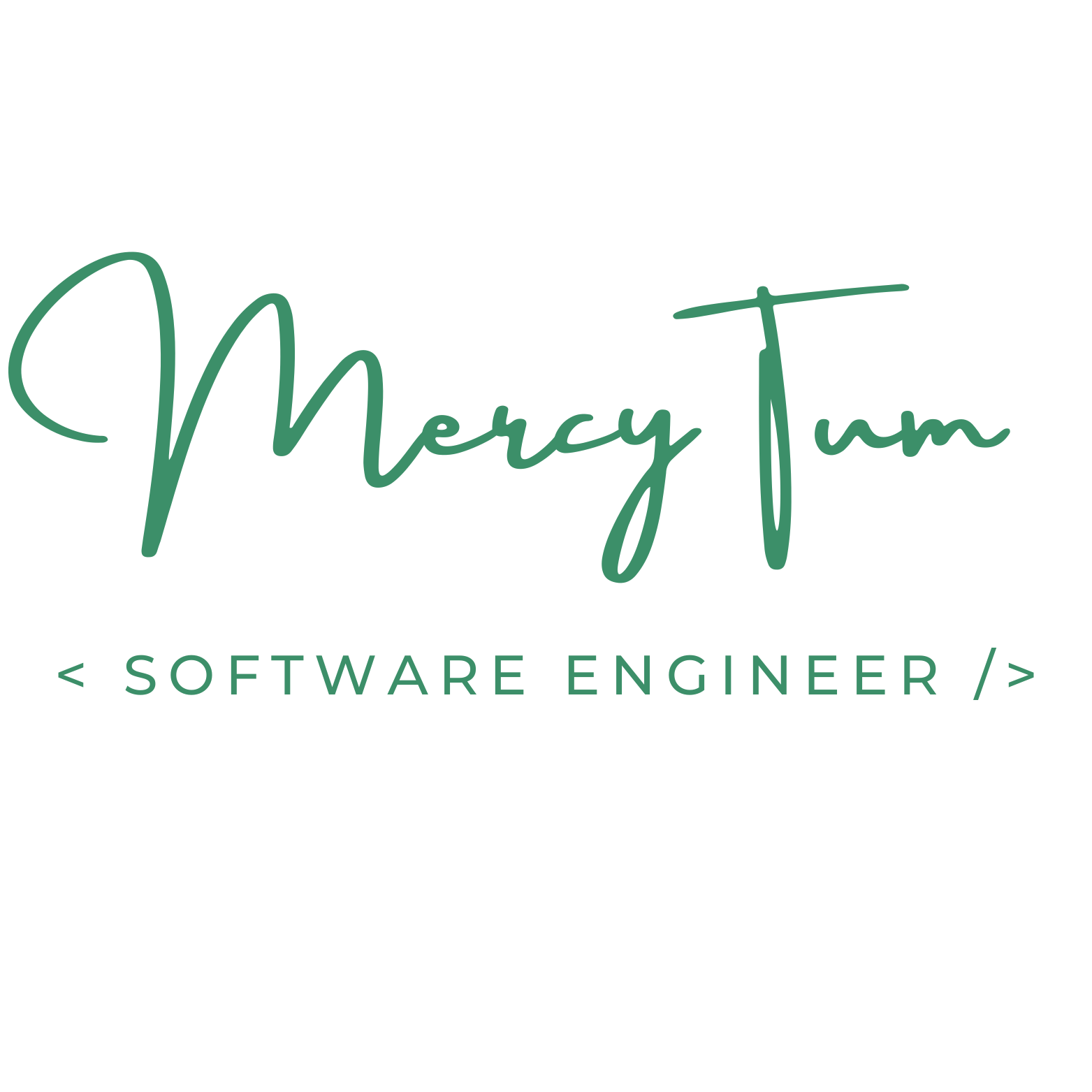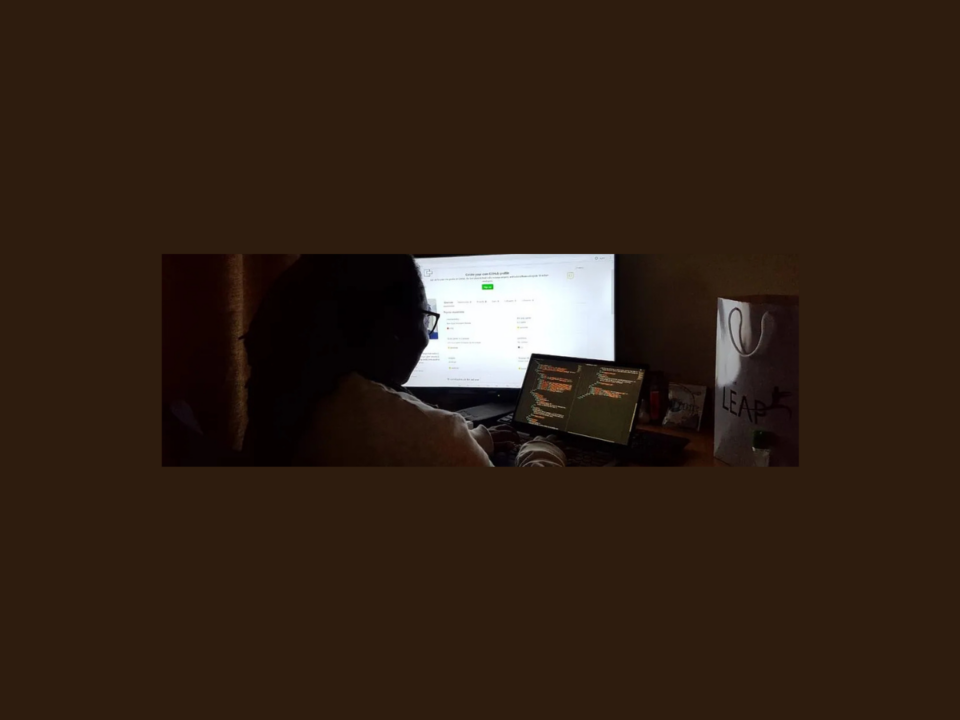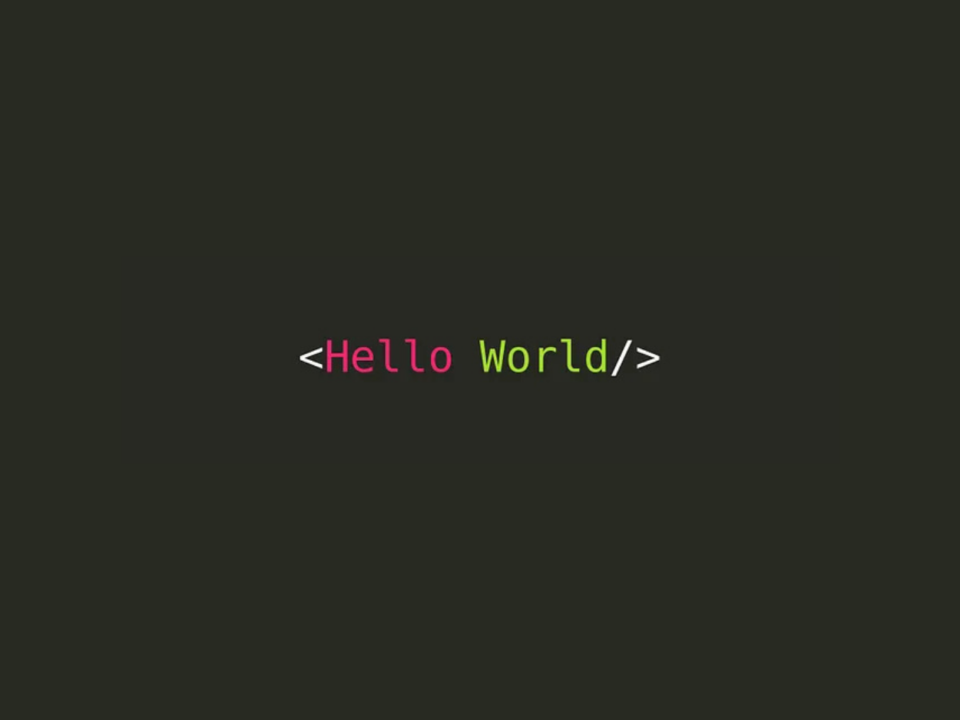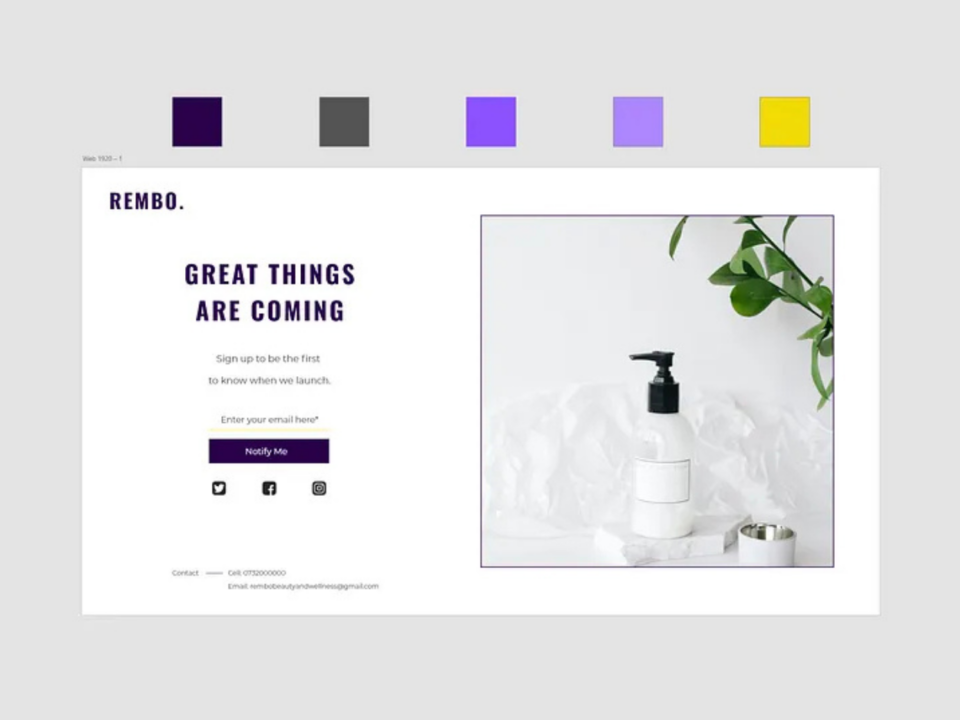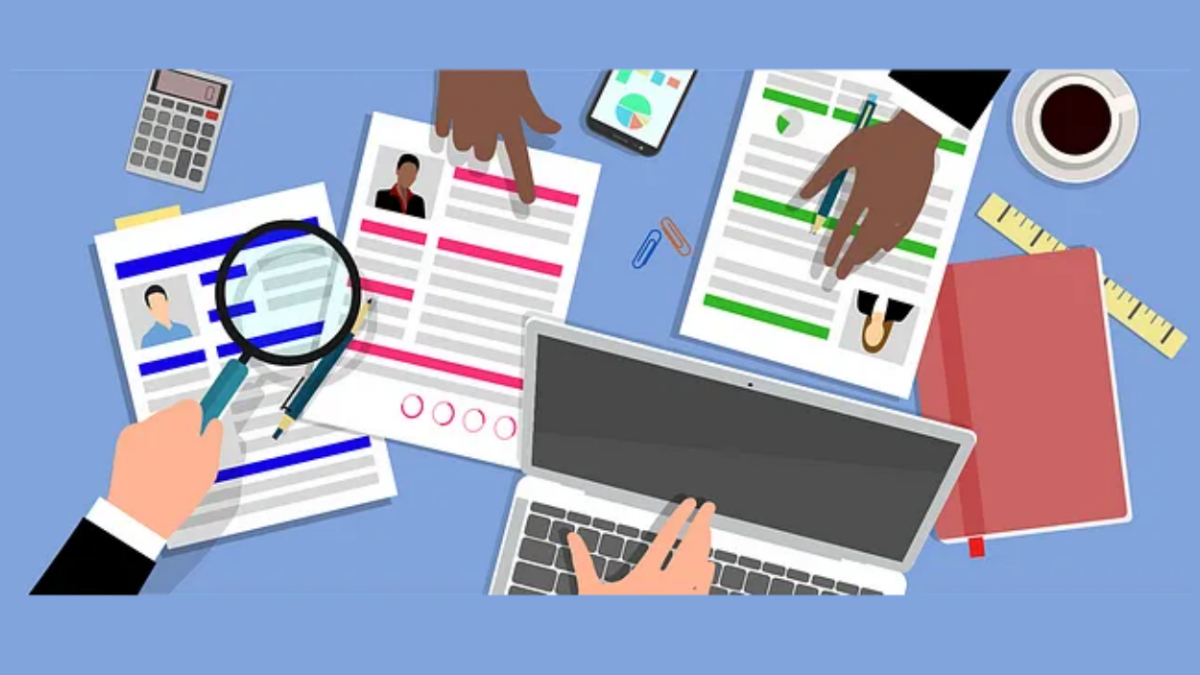
Getting prepared for my Software Engineering interview was one of the most involving things I have done so far. It took me a lot of time and practice, and I’m happy to say that it actually helped me ace the interview. With that, I would like to share some of the things I did and the resources I used to prepare for my Software Engineering interview at Microsoft. I hope this helps. .
Before I get into it, I would like to say that the interview process is mainly made up of two parts, the technical assessment (questions on data structures and algorithms and questions on system design) and the soft skills assessment. It is very common to do a screening, usually a technical assessment, before qualifying for the actual interview — which in my case involved 4 rounds of interviews. This, in short, means that you need to have practiced for the technical assessment bit beforehand.
Technical Assessment
As mentioned before, you will most likely do a screening before qualifying for the interview — where more technical questions will be asked. And, even though you might need to prepare for the data structures and algorithms questions beforehand, I would recommend that you also prep for system design questions as well because the time between the screening and the interview is fairly short. For the technical assessment, it is best to practice with a programming language that you are comfortable with as it will make the prepping process easier and give you more confidence. More so, most of the platforms used for the interviews support different programming languages, and thus you wouldn’t have to learn a programming language just because you are prepping for an interview.
Data Structures and Algorithms
This section of the interview helps showcase the techniques that you have as a programmer to efficiently handle data. It tests how well (efficient) you can solve a problem and whether you will use the right tool(s) for the job. There are many resources online that can teach you about the different data structures in your favorite programming language and the popular algorithms you can use. Most of these resources are free, but if you have the means to pay for one that you really like, then please go right ahead. It’s a good investment.
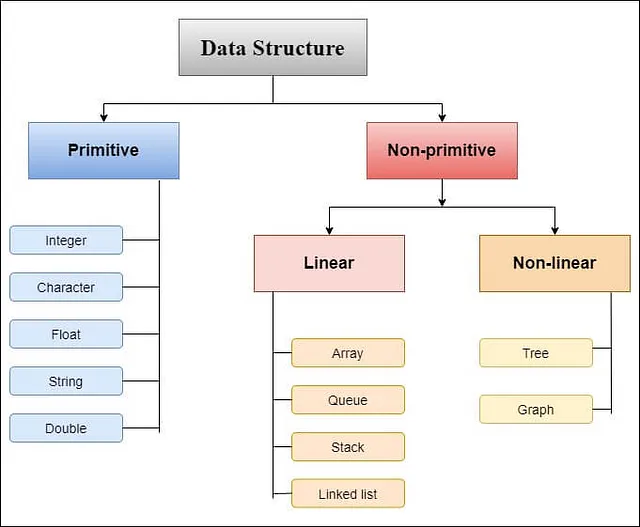
Popular data structures From www.tutorialandexample.com
Some of the things that you need to master after going through these tutorials include the time complexity (Big O Notation) and space complexity of the different data structures and algorithms. This will help you understand the amount of time, and space, required for an algorithm to execute and thus will help you identify and use the most efficient ones when solving problems.
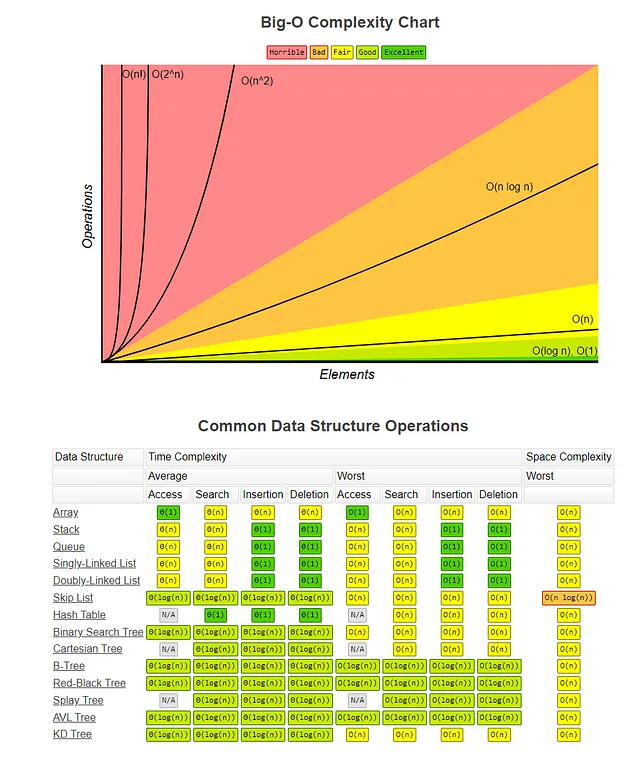
Author: Big-O Cheat Sheet: https://www.bigocheatsheet.com/
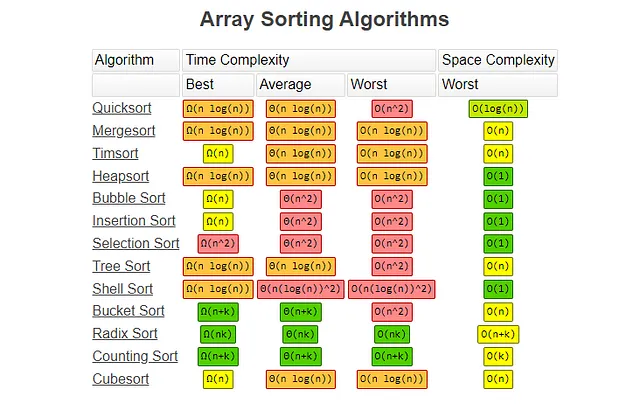
Author: Big-O Cheat Sheet: https://www.bigocheatsheet.com/
Success is where preparation and opportunity meet
- Bobby Unser
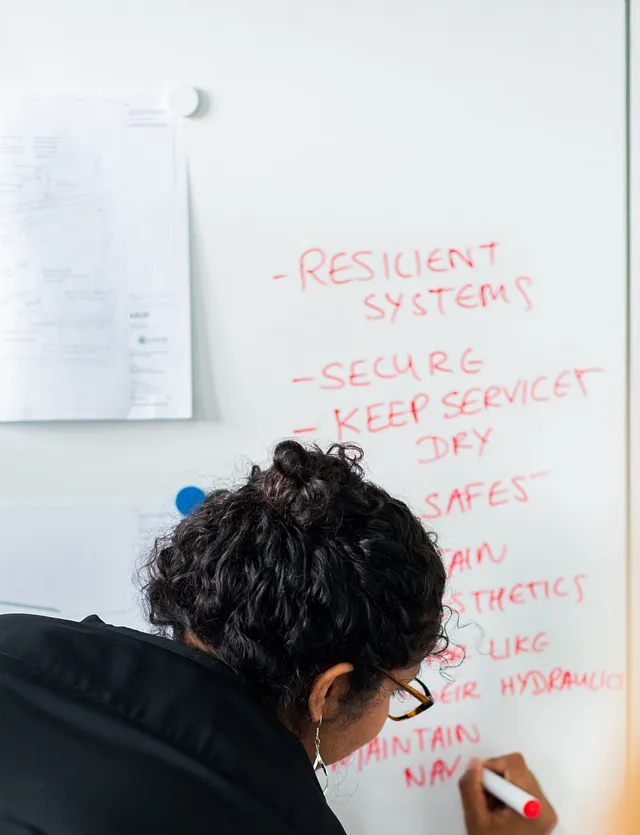
System Design
System Design
The other part of the technical interview includes system design questions. These questions are meant to help the interviewers understand your experience and expertise in building complex systems that solve real-world problems. This part usually comes later on in the interview process and can also be used to showcase your teamwork capabilities. Interviewers usually start by giving you a problem to solve, and as you do, they give you open-ended questions to gauge just how well and best you get to the solution. Apart from that, it also gives interviewers an understanding of your problem-solving thought process and how well you consider the client while doing so.
When approaching a design question, it is best to ask as many questions as possible before you start solving the problem.This ensures that you understand the problem, and helps give you clarity while setting clear expectations from the beginning. Some of the things I did when solving design questions include:
Writing down the functional requirements including what the system will be do, how it will be used, the inputs and outputs, the type and volume of data being handled, and even its users.
Writing down and explaining how the non-functional requirements will be implemented and used. This would include things like how I would ensure that the system has high availability, reliability, scalability, low latency, durability, security, privacy, etc.
Creating a high-level architectural design that showcases how the different elements would work together, including how the data will flow from one component to the other. This is best done using a simple sketch. While creating the diagram, ensure you justify the presence of every element and always be keen to listen to the feedback provided by the interviewer; — make changes wherever necessary. Always keep in mind that the interviewer wants you to do well and thus they might give you pointers that might come in form of questions, which should help make you think or re-evaluate your answer.
Optimizing my design and ensuring that it has the lowest latency and is easy to scale. Some of the things you can mention here include using a load balancer, caching your data, scaling out (horizontal scaling), which improves availability, and database sharding.
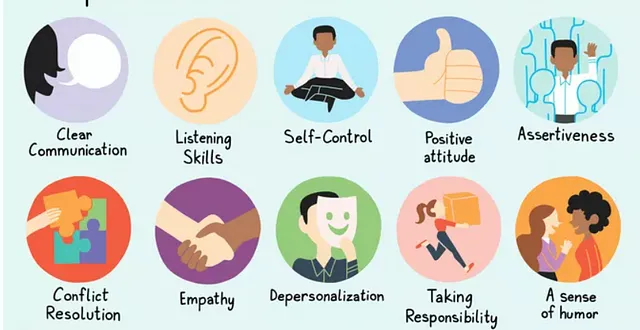
From The Balance Careers:
Soft Skills Assessment
The third, and the very important, part that is also assessed during the interview is your soft skills. Some people might do exceptionally well during the technical interviews but fail to get hired because they failed the soft skills assessment. Some might argue that this is so because technical skills can always be taught, however, the same can’t be said about soft skills like teamwork, integrity, adaptability, relationship management, leadership, confidence, and organization…just to name a few.
What I did to prepare for this part of the interview was to do a lot of reading on what questions are normally asked and why, what a well-structured answer should look like, and then practice responding to these questions using my previous professional experiences as examples. Doing mock interviews really helped a lot and I would encourage all the candidates to not only do this for the technical assessment but also for the soft skills assessment. It makes a huge difference.
Additionally, it is important that you remember all the details in your resume well, especially the dates and the experiences you had at particular points in your career. This is very important when answering the questions using the STAR method. This method is actually thought to be the best to use when answering these interview questions and it means that whenever you answer a question, you make sure you focus on the:
Situation
Task
Action
Results
Resources
There are a lot of resources online, mostly free, that you can use to have an easier time preparing for the Software Engineering interview. The ones that I found to be very helpful include:
- Codility (Developer Training): an online platform that is used for technical practice;- once you’ve created your free account. The platform is also used by Microsoft to conduct technical interviews, making it the best platform to use for practice. Some of the things I liked about Codility include the fact that:
- It not only provides technical exercises but also includes reading materials.
- Exercises are also timed, giving you a good ‘interview’ experience.
- It allows users to solve challenges using their preferred language as it incorporates a number of programming language options.
- Includes a section where you can include your test inputs and use it to check whether the solution is correct.
- Provides autosave capabilities, which ensures that the solution is automatically saved and thus work is not lost in case of interruptions.
- It has accessibility features, making it more inclusive.
- Shows existing errors before one submits their solution. This gives you a chance to make corrections before final submission.
- It not only provides you with a pass or fail result but also includes an evaluation report that shows the level of correctness and performance (efficiency) of your solution and eventually the overall score as a percentage. This means that you not only need to practice how to get the answer right, but you also have to do it in the best way possible.
Other platforms that can be used for the same purpose include Leetcode, HackerRank, Coderyte, Codewars, and Interview Cake.
2. The System Design Primer was also a great resource when prepping for the system design questions.
- The resource includes Anki flashcards that can be used for learning and retaining important system design concepts.
- It also includes interactive coding challenges, which also came in handy.
- Some of the topics covered include performance, scalability, latency, throughput, availability, consistency, DNS (Domain Name System), CDNs (Content Delivery Networks), load balancers, reverse proxies, databases, cache, and security…among others. Please check it out to find out more.
- A study guide.
- How to approach an interview question.
- Sample interview questions and their solutions.
3. Cracking the Coding Interview is also a great resource (book) as it includes about 200 programming questions with a detailed explanation of how to get the solution. It also provides strategies on how to answer questions and includes information on the hiring process of big tech companies like Microsoft, Facebook, and Google.
4. Online IDEs like Repl.it came in handy especially when on the move and wanted to run some code. This platform was also easier to read and write code and was generally easier to use. Other platforms with similar functionality include Codepen.io, JSFiddle, and Codenvy.
5. For soft skills, the most useful resource that I used was LinkedIn. The platform contains tons of materials that have been prepared by professionals to make your preparations an even easier process. One of the sections I used most was Common Questions which you can access by clicking on Jobs and then clicking on Interview Prep as it includes common interview questions for different lines of work (categories). I would highly recommend subscribing to the premium memberships, especially during preparations, as you also get access to sample answers. To get better results when prepping, have a mentor, or even a peer, who will facilitate a mock interview which you can use to evaluate just how good or ready you are for the real thing.
6. Denigma is also a great tool. And, even though I never got the chance to use it when I was prepping for my interview (because I didn’t even know it existed) I find it to be very useful when trying to demystify other people’s code. I find it particularly helpful when you get a solution to a coding challenge and just can’t seem to understand what it’s doing and how. This platform provides a step-by-step explanation of the code and brings you a step closer to acing your interview. The tool can also be used by Software Engineers and help them understand unfamiliar codebases, fix bugs, and understand legacy code.
Other Tips
- When prepping, use the programming language that you are most comfortable with. Most interviewers aren’t particular about the programming language as they are keener on how you solve the problem than what you used when doing so. This will also help boost your confidence and save you a lot of time so you get to focus on the things that actually matter. Unless the recruiter or job description has explicitly indicated that a specific programming language is used, please stick to what you are familiar and comfortable with.
- Always communicate during the interview process. Whenever you are answering the questions, help the interviewer understand your thought process by saying what you are doing and why. Also, ask questions to seek clarification whenever you are in doubt. This also encourages feedback from the interviewer and can go a long way in ensuring you have an engaging and successful interview.
- The interviews could either include technical assessments, soft skills assessments, or even both. So, it’s better to prepare for both in case the interviewer decides to cover everything.
- You can get all your interviews done the same day and thus it is important to get enough rest the night prior to the interview. Moreover, during the day of the interview, keep snacks and water close to you as you might not have a lot of time in between interviews. Then, to reduce the anxiety, I personally used to meditate during the breaks and listen to relaxing music to calm my nerves.
With that, I wish you all the best while preparing for your Software Engineering interview. Don’t be afraid to apply and go through such interviews even if you feel like you’re not ready or qualified because the experience is priceless. And always remember, you never fail/lose, you either win or you learn.

To the people who have already gone through the process, please share your experience and any tips that you feel might be useful and haven’t been mentioned in the comment section. It might just help someone perform better in their interview.
Finally, a big shout out to Mike (@Hummigbird1 on Twitter), who was my mentor during this period, all the way from Germany! Thank you very much for the mock interviews, resources, and support.
😊 ❤️ 😊
